Lab website: https://soc.stanford.edu/


Led by @daweibai.bsky.social, we argue that much of our innate knowledge of the world is not "conceptual" in nature, but rather wired into perceptual processing. 👇

Led by @daweibai.bsky.social, we argue that much of our innate knowledge of the world is not "conceptual" in nature, but rather wired into perceptual processing. 👇
Meet Mike
*30+ years severe depression
*first hospitalized @ 13y
*20 meds
*3 rounds of ECT
*2 near-fatal suicide attempts
Mike felt joy for the first time in decades after we turned on his new brain pacemaker or PACE
see videos, read paper, follow thread
doi.org/10.31234/osf...
Meet Mike
*30+ years severe depression
*first hospitalized @ 13y
*20 meds
*3 rounds of ECT
*2 near-fatal suicide attempts
Mike felt joy for the first time in decades after we turned on his new brain pacemaker or PACE
see videos, read paper, follow thread
doi.org/10.31234/osf...
www.biorxiv.org/content/10.1...

www.biorxiv.org/content/10.1...
We found that children have robust object recognition abilities that surpass many ANNs. Models only outperformed kids when their training far exceeded what a child could experience in their lifetime
doi.org/10.1126/scia...
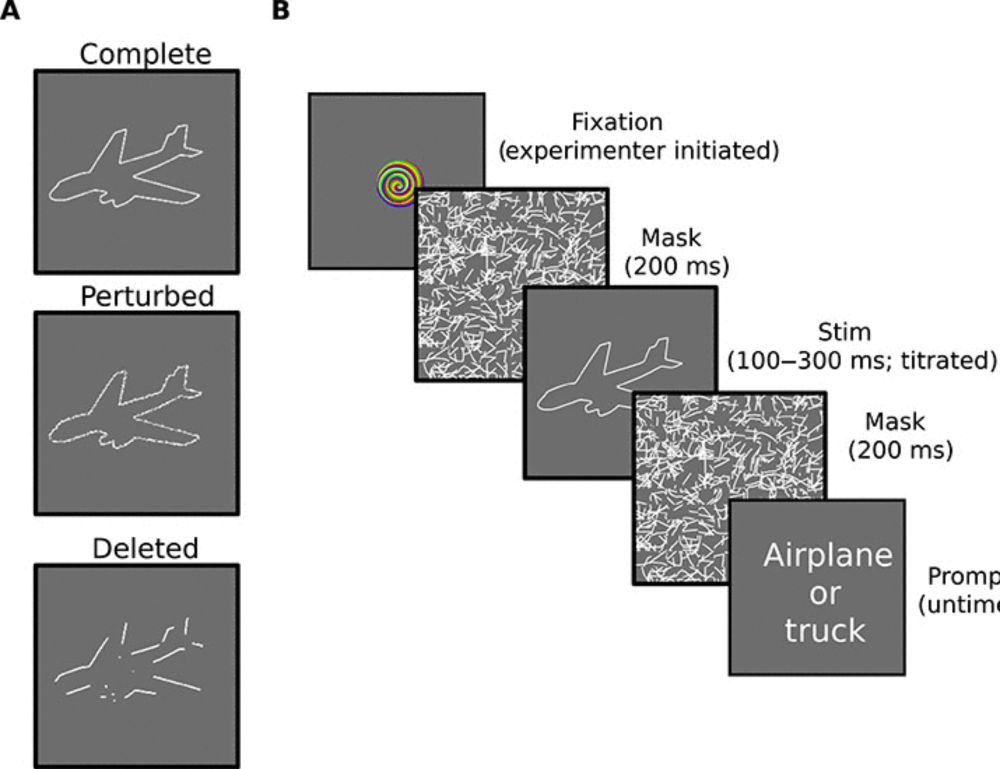
We found that children have robust object recognition abilities that surpass many ANNs. Models only outperformed kids when their training far exceeded what a child could experience in their lifetime
doi.org/10.1126/scia...
Longitudinal trajectories of brain development from infancy to school age and their relationship with literacy development | PNAS www.pnas.org/doi/10.1073/...
Longitudinal trajectories of brain development from infancy to school age and their relationship with literacy development | PNAS www.pnas.org/doi/10.1073/...


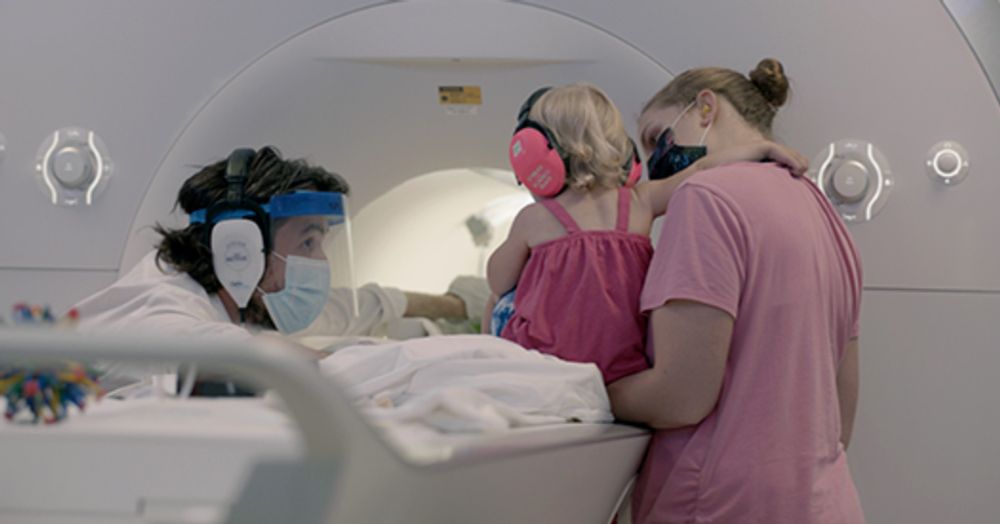
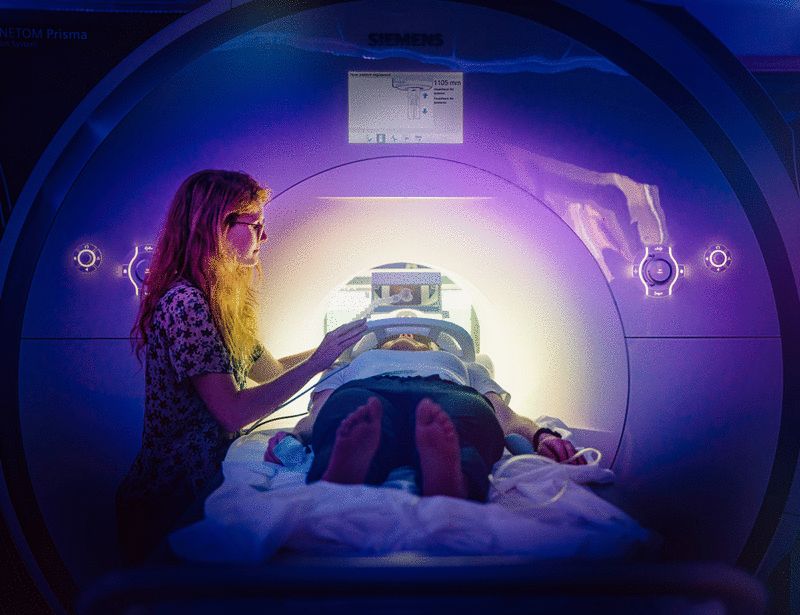

In our new preprint, the Turk-Browne Lab and Saxe Lab combine our data from over 750 attempted scans to try to answer these questions:
www.biorxiv.org/content/10.1...

A thread 🧵
elifesciences.org/articles/97731
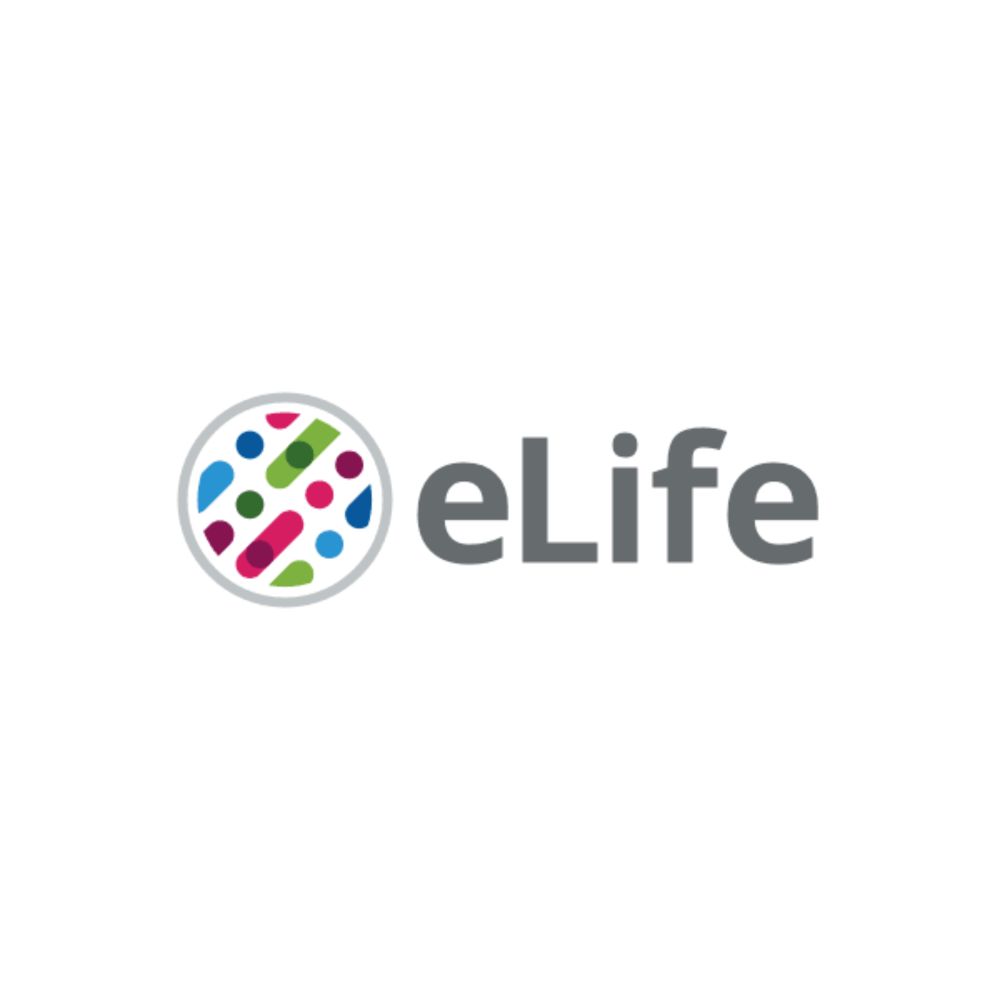
A thread 🧵
elifesciences.org/articles/97731
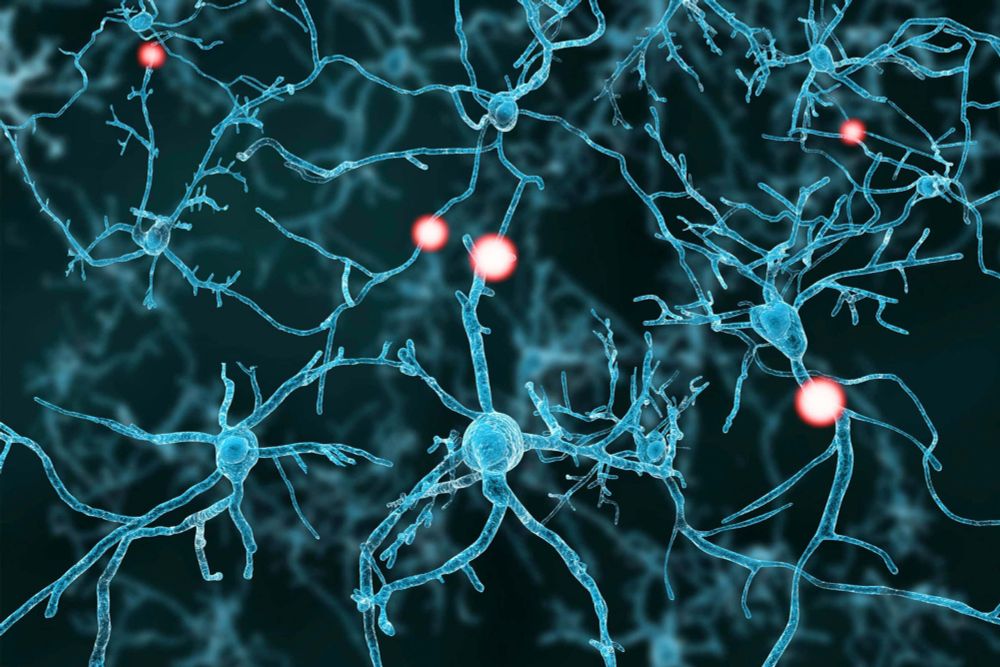
www.pnas.org/doi/10.1073/...

By @callimcflurry.bsky.social
www.thetransmitter.org/memory/remem...
By @callimcflurry.bsky.social
www.thetransmitter.org/memory/remem...

